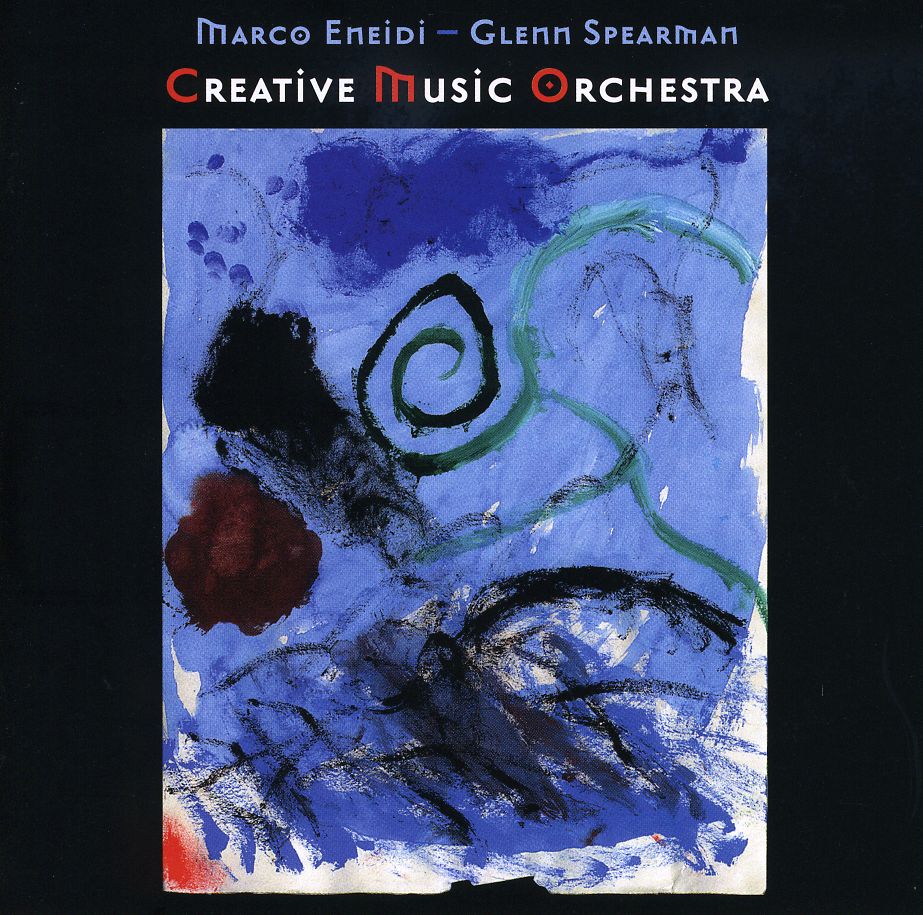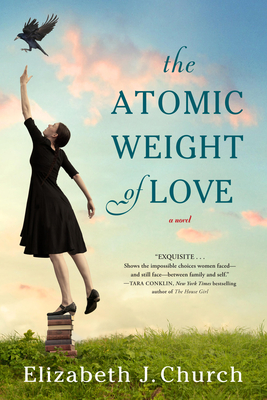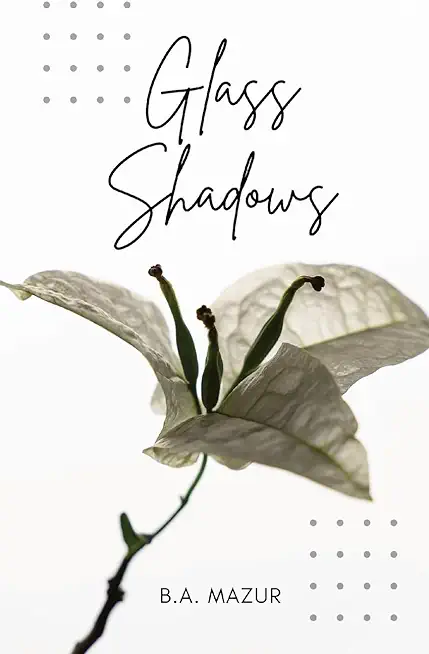
Through the media of poetry and photography, the authors explore relationships as they relate to the family, self and others, social concerns, and spirituality.
The poem and the photograph can enhance and illumine each other. For example, the poem Absence relates to the emotional absence of a father. The poem is juxtaposed with an image of a deserted beach in the evening. Both the poem and the photo evoke the feeling of absence, of something that is missing. Working together, the poem and the photo deepen the feeling of abandonment and loneliness.
In the poem, The Plan, which confronts the issue of exploitation of natural resources by rich nations, the book juxtaposes an image of conflict and turbulence. So the image of poverty and suffering is overlayed with the image of nature in a state of upheaval.
In Night Watch, a poem that explores the sense of spiritual hunger, is set next to an image of seagulls huddled along a beach at nighttime. This black and white photo seems to work particularly well with this poem.
While poetry goes back thousands of years, the advent of photography is less than 200 years old. But even before photography, the Japanese have often expressed the feelings evoke by a haiku with ink drawings.
Art is not reserved for anthologies and art museums but is a way for everyone to learn self-expression and be in touch with their own creative spirit. The genesis of many of these poems is through free writing where thoughts and feelings can arise that may be buried deep in our memories.
Bringing these memories forward can create the basis of poetry and other art forms. We all have an immense treasury of memories. If you doubt it, start writing sentences beginning with "I remember...". You will discover your own wealth of past experiences.
While we hope you enjoy this book, we also hope the book will be a stimulus for the reader to further explore their own creativity.
member goods
listens & views

ENEIDI & SPEARMAN CREATIVE ORCHESTRA ...
by ENEIDI AND SPEARMAN CREATIVE ORCHESTRA / VARIOUS
COMPACT DISC$17.75






